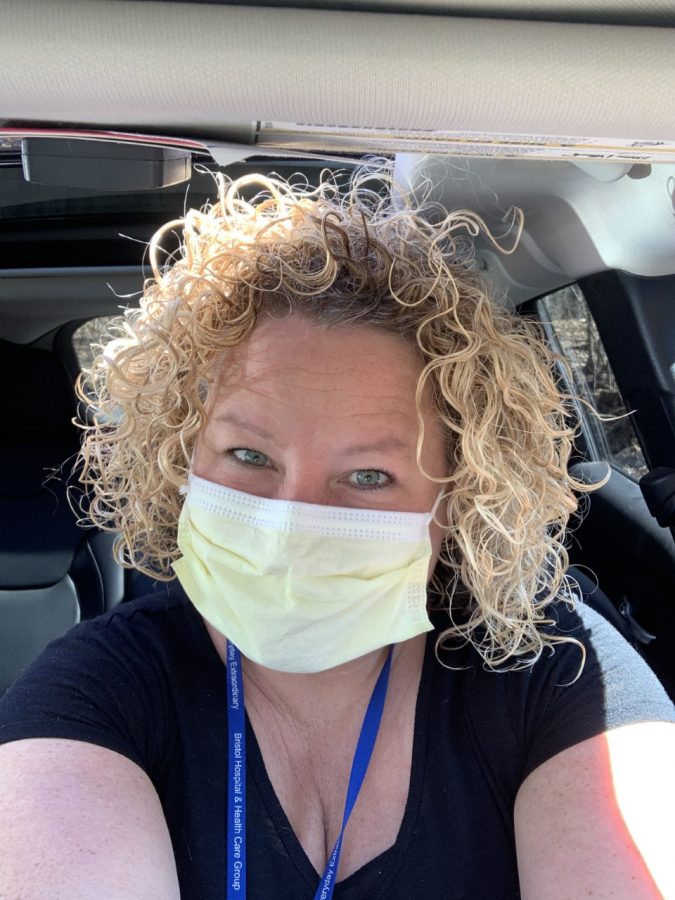A New Reality for Hospitals and Healthcare Workers
April 9, 2020
As of April 7, Governor Ned Lamont released new statistics showing that the total number of coronavirus cases in the state stood at 7,781 and the number of deaths reached 277.
According to Connecticut’s government website, New Britain alone is responsible for 66 of the confirmed cases in the state; and an increasing 1,308 COVID-19 patients are currently being hospitalized.
Fairfield County has been responsible for an overwhelming number of COVID-19 cases, with 4,136 as of Tuesday and 132 deaths. New Haven County serves as a close second with 1,664 cases and 60 deaths.
At his daily briefing on the coronavirus response, Governor Ned Lamont said Monday that the increase in COVID-19 cases, hospitalizations and deaths in Connecticut has grown slower than expected.
“It gives us capacity to plan,” he said. “Our healthcare system is bending but not breaking.”
Lamont said this gives the state more time to plan for a pandemic that University of Washington researchers say could kill as many as 5,500 residents by August.
With this increase in COVID-19 hospitalizations, along with hospitalizations for circumstances ranging from pregnancy to heart attacks, hospitals and healthcare workers nationwide are experiencing the troubling effects of the pandemic.
Many healthcare workers nationwide have had to reuse supplies as the scarcity of equipment has reached a critical stage – something that even weeks ago would have resulted in termination or being reprimanded. Hospitals have become crowded and open hospital beds are now fewer and farther between.
Kara Aparo, a Bristol resident and Registered Nurse since 1997, has been employed by Bristol Hospital, under the new name of Bristol Health, since 2001. Recently, in 2016, she took a position as a homecare complex nurse case manager with Bristol homecare.
Aparo has felt both the emotional and professional magnitude of the pandemic. As a mother of two daughters, she fears exposing them to the virus. Professionally, while she has trained for this and performed drills in the event of a similar situation, she said no one can be fully prepared.
Aparo has struggled to alleviate the fears of her friends and family throughout the pandemic. Two weeks ago she volunteered to perform nasal swabs at the Bristol Health station. She was questioned by many for her decision.
“I’m a nurse, 22 years ago I committed myself to help others and care for others,” Aparo said. “This isn’t a job to me and my colleagues, it’s our calling, what we are meant to do. Our community needs us.”
In hopes to add some relief, Central Connecticut has initiated a plan to provide additional buildings in order to support the state’s COVID-19 emergency response.
In a mass email sent out to all faculty, staff and students from President Dr. Toro on Monday, she announced that beginning Wednesday, three upper quad residence halls (Sheridan, Gallaudet and Sam May) will become temporary housing for UCONN Health Center medical personnel.
Toro stated that the higher priority is the conversion of Detrick Gymnasium in Kaiser Hall and the Huang Recreation Center for Hartford Healthcare’s use. The Connecticut National Guard is expected on campus later this week to set up 224 beds in those buildings for Hartford Hospital.



